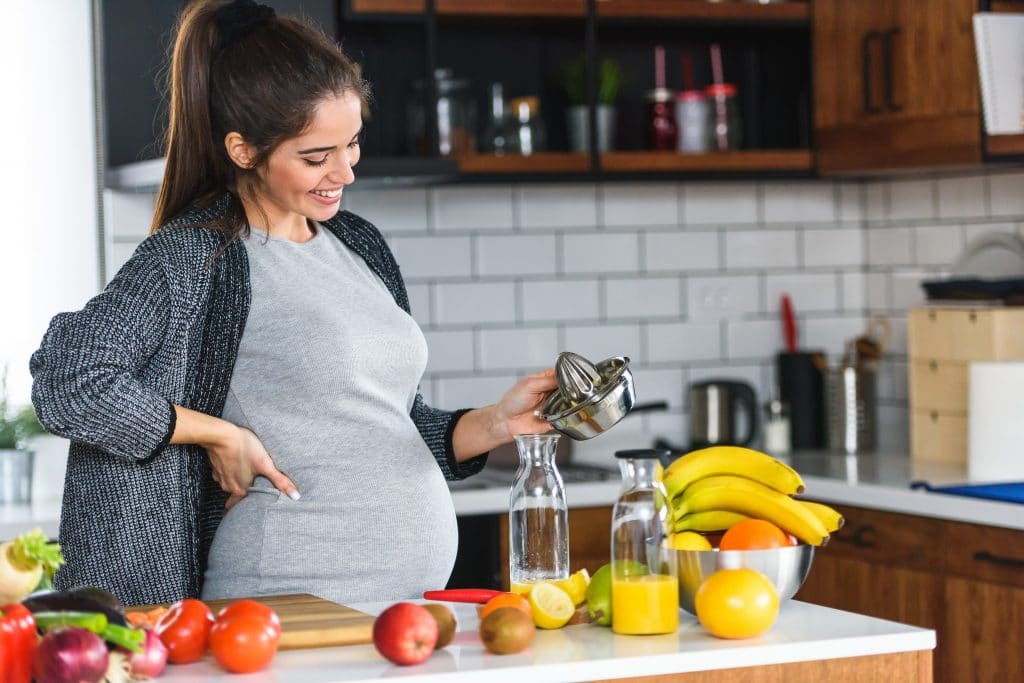Home pregnancy tests
Read between the lines
When to test and what the results can mean
While headaches, nausea and a missed period can be signs of early pregnancy, the only way to confirm it is to take a home pregnancy test. Find out when and how to carry out the test for the most accurate result.
Am I pregnant?
Around six days after fertilisation, the cells that will become the placenta start producing a hormone called hCG (human chorionic gonadotrophin)1.
After two weeks – probably around the time your period is due – the hCG levels should be high enough for a pregnancy test to detect it in your urine1.
When and how to take a test
The home pregnancy test you choose will have its own set of instructions, but many suggest doing it first thing in the morning – particularly if you’re testing early. If that’s not possible, try not to drink a lot beforehand as liquids may dilute your urine too much for an accurate result.
The tests are designed to detect raised hormone levels in your urine, so you will either need to dip the test stick in a sterile pot of your urine or place it in your flow. Either way, you’ll need to wait for what seems like a very long few minutes afterwards for the result.
Interpreting the result
Most home pregnancy tests can tell whether or not you’re pregnant on the first day of your missed period. But different brands show positive and negative results in different ways, so always read the instructions. Some will show a pink or blue line for positive, or a plus symbol. You can also buy digital tests which state ‘pregnant’ or ‘not pregnant’ in the test screen.
False negative result
There are several reasons why you may get a negative result. Firstly you might not be pregnant. Or you might not be making high enough levels of hCG for the test to detect it. This can happen if you test too early. So if you suspect you are pregnant, wait at least three days before testing again.
Next Steps
Home pregnancy tests are so accurate now that it isn’t usually necessary to have an hCG blood test at your doctors. However, if you are pregnant, you will need to inform your GP so that they can start planning your antenatal care.
View References
- 1. National Health Service – United Kingdom available at: www.nhs.uk/chq/pages/948.aspx?CategoryID=54&SubCategoryID=127
Accessed April 2019
Further Reading
From eating a nutrient-rich diet to taking key nutrients in the form of supplements, what you eat can play an important role in increasing your potential to conceive.
Essential for healthy blood, iron is a vital nutrient during pregnancy. It has a key role in transporting oxygen to your baby and contributes to their healthy brain development.




